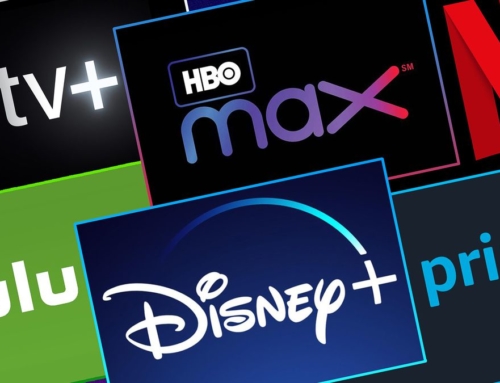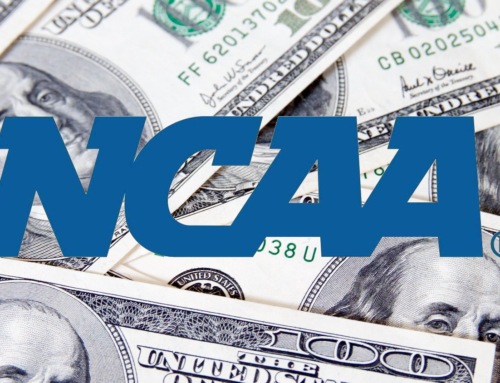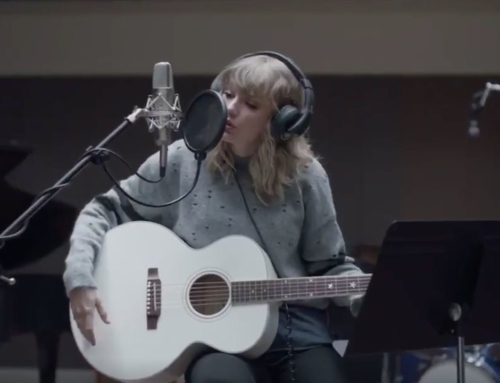It’s been one year since the US government unanimously signed the controversial Music Modernization Act into law. As with most government workings, even a year later, there are few practical results to show from this historic moment in American copyright reform. However, the wheels are now in motion, and industry insiders have spent the past year preparing for the changes that will surely come. Here’s where we stand with the Music Modernization Act one year later.
First, let’s break down what the Music Modernization Act is. What we now know as the MMA initially began as multiple pieces of legislation that set out to tackle different facets of copyright reform within the music industry.
The three main components of the act were known as:
Music Licensing Modernization
This was the inaugural point of the journey to legislation that seeks to revamp the ways in which artists are paid for the use of their music, with specific respect to the use of streaming services. This piece of legislation will streamline the process through which services such as Spotify and Apple Music acquire and retain music licences to an artist’s catalogue of work. In turn, the process through which rights holders are compensated for the use of their music on streaming platforms will also be streamlined.
The MMA seeks to do this through the introduction of the Mechanical Licensing Collective. This regulatory body will oversee the acquisition of licences and ensure that the rights holders are compensated for their work. While the goal of this collective is to ensure artists’ rights are upheld, it will also allow streaming services to build their catalogues in a more efficient manner through the acquisition of what will be known as blanket licences, giving platforms access to all licensable material in one shot. Given that the owners of master recordings reportedly collect five times more per Spotify stream than the song’s creators, its songwriters and its publishers, the MLC will seek to restore this imbalance.
The CLASSICs Act
What started as its own piece of proposed legislation was adopted into the Music Modernization Act in an attempt to move it through Congress more efficiently. This aspect of the Act overhauls the ways in which the Copyright Act addresses the use of recordings made before 1972. Prior to the MMA, when pre-1972 recordings were played on digital radio, it wasn’t necessary to pay royalties to the rights holders of the recording. The MMA will drastically change this by forcing digital radio providers to pay royalties to rights holders for the use of any recordings released before 1972. This particular aspect of the Act is what led to severe backlash from platforms such as Sirius Radio and XM radio (for rather obvious reasons).
The AMP Act
Similar to the CLASSICs Act, the AMP Act began as its own piece of legislation but was adopted into the Music Modernization Act in order to improve its chances of passing through the various levels of legislative scrutiny. The AMP Act, otherwise known as the Allocation for Music Producers Act, will ensure that music producers — and other people involved in making music outside of songwriters and musicians — are entitled to access to a portion of the royalties generated by their music when it is played on digital radio.
One Year Later
While the initial goal of the Music Modernization Act was to implement all of its facets by 2020, it’s looking more and more like that will not be a reality after all.
The main story that has recurred in the past year regarding the MMA has been of industry infighting, with seemingly no one able to compromise in an effort to move this legislation forward. What has come from this instead is a step backwards, as the final version of the bill left out a key aspect of the CLASSICs Act: a performance royalty for AM/FM airplay.
Industry insiders say that this facet of the Act will have to wait while more pressing issues are addressed — largely the problems presented by streaming services.
One good outcome from the past year is that the Mechanical Licencing Collective was in fact established. The collective consists of fourteen members, all of which previously had a role in the music industry. Ten members are music publishers, while four are self-published songwriters. The collective also includes three non-voting members, representing non-profit organizations that benefit and advocate on behalf of publishers and songwriters. Unfortunately, the collective got off to a rocky start as it demanded $66.5 million in startup costs and then quickly lost two of its members — one of whom represented indie songwriters and the other representing publishers. While details remain sparse on the inner turmoil of the MLC, it appears as though one member left due to health issues while another was removed due to a conflict of interest.
As the dust settled on the MLC’s rocky start, mega-streamers such as Spotify and Apple Music were left to foot the bill for the group’s creation and operation (a previously agreed-upon facet of the legislation). As of now, the group has yet to replace its two missing members, and is now seemingly at odds with streaming services over the amount of money being demanded, as well as tactics by which the collective is attempting to pressure streaming services into withholding royalty payments from songwriters and publishers until the group is fully established. This has lead to a series of legal threats from both sides.
A further supposed consequence of this collective one year ago — and the introduction of blanket licences — was the threat of further competition in the streaming music marketplace, given the relative ease through which streaming services can now acquire music for their platforms. However, that has yet to be seen, with Spotify still reigning as the leader and Apple Music following close behind.
If Not Now Then When?
The passing of the Music Modernization Act can be seen as a momentous victory for the music industry in the US. Although there have obviously been kinks to work out through the transition, this act is a step in the right direction in ensuring that creators of music are compensated properly for their work in an age of streaming. These changes have been a long time coming; now that all is said and done, it is fair to assume that these changes will be of benefit to consumers and creators alike as the act strives to create a fair and balanced world for creators to share their work and reap its rewards. As the MMA moves towards an end date of 2021, now, it’s just a matter of when the changes will actually be fully implemented.











Leave A Comment
You must be logged in to post a comment.